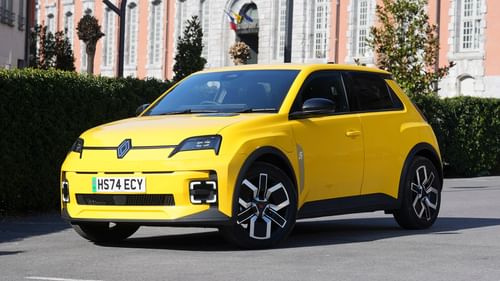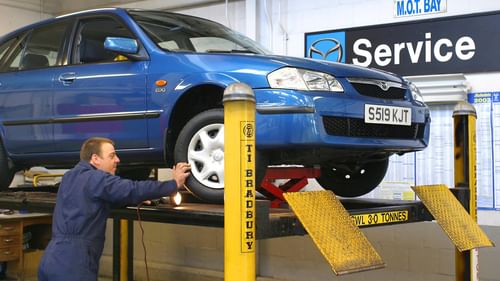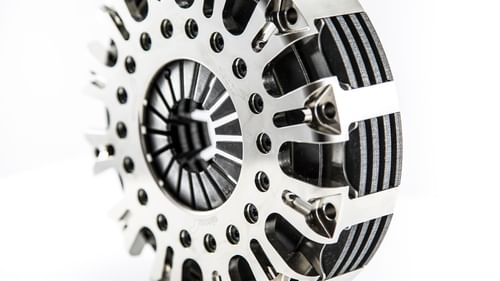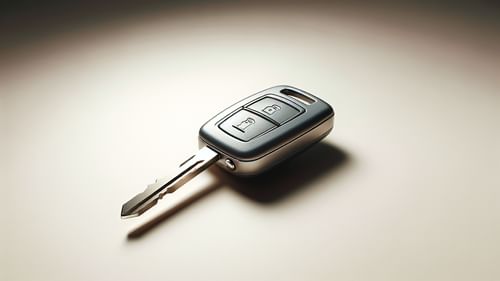Budget vs premium car mats: Which should you choose?
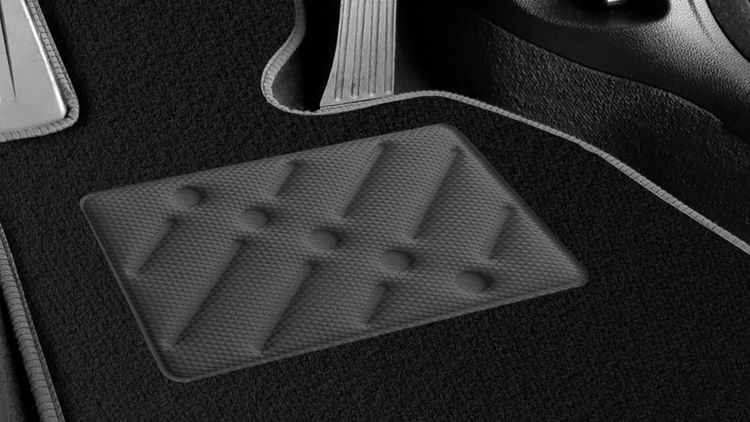
Floor mats aren’t the flashiest part of a car’s interior, but they take the brunt of your daily driving. Whether it’s road salt, takeaway spills or wet shoes, mats play a key role in protecting your carpet. Choosing between budget and premium car mats is about how much use, mess and comfort you’re dealing with.
If you need a little extra guidance, here’s a comparison to help you decide what best suits your driving needs.
Material quality and durability
The type of material your mats are made from will directly affect their longevity, how they look after a few months, and how much hassle they cause.
Budget car mats:
- Usually made from thinner rubber or basic low-pile carpet.
- More prone to flattening, fraying or cracking under heavy use.
- Work fine for light-duty use or short-term replacements.
Premium car mats:
- Constructed using heavier-grade materials like dense velour carpet, automotive-grade rubber or thermoplastic.
- Include reinforced heel pads, stitched edging and moisture-resistant layers.
- Designed to handle regular commuting, pets, mud and mess without degrading quickly.
Advice:
If you regularly drive long distances, have young children, pets or live in a rural area, premium mats will hold up better over time. Budget mats work best for occasional driving or second vehicles where longevity isn’t a top concern.
Fit and coverage
Fit is one of the most significant factors separating budget mats from their pricier counterparts. A poor fit leads to mess in hard-to-reach areas and can pose safety risks if the mat shifts while driving.
Budget car mats:
- Typically sold in ‘universal’ sizes to fit most cars loosely.
- May not contour to raised edges or around pedals.
- Can slide, bunch up or leave gaps where dirt collects.
Premium car mats:
- Custom-made to match specific makes and models.
- Offer full footwell coverage, including over sills or dead pedals.
- Often include clips or anti-slip backing to stay securely in place.
What to look for:
If you want maximum protection, especially during wet months when mud and water are unavoidable, go for made-to-measure options. Poorly fitting mats are one of the most common complaints among buyers of basic car mats in the UK.
Cleaning and maintenance
The easier mats are to clean, the more likely you are to keep your car tidy. This is especially important for kids, dogs, or work gear dragging in muck.
Budget car mats:
- Rubber ones are easy to rinse but may lack grip and become slippery.
- Cheap carpet versions tend to trap dirt and odours, requiring frequent vacuuming or shampooing.
Premium car mats:
- Designed to resist stains and moisture.
- Carpet options usually have higher pile density and dirt-repelling fibres.
- Rubber or 3D options often have grooves or raised edges to channel spills.
Tips for easier upkeep:
- Choose mats with removable heel pads for added durability and easier cleaning.
- Look for mats with rubberised or waterproof backing to stop moisture from soaking into the carpet beneath.
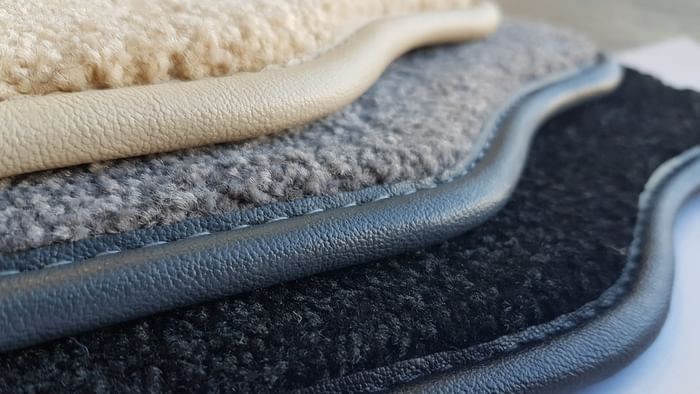
Cost and long-term value
Price is often the deciding factor, but the real difference lies in how often you’ll need to replace them, and whether you’ll spend more over time.
Budget car mats:
- Usually available for £10-£25.
- May last 6-12 months under regular use.
- Often feel like a disposable solution rather than a long-term fix.
Premium car mats:
- Range from £35-£80 depending on materials and personalisation.
- Can last several years with proper care.
- Improve overall resale appeal of the vehicle.
When it’s worth upgrading:
If you’re planning to keep your car for several years or want to maintain a clean, well-kept interior, paying more upfront will usually save money down the line. Those interested in longevity and a custom-tailored finish might explore CarMats4U’s premium car mats for examples of UK-specific, model-fitted options.
Style and personalisation
While style might not matter to every driver, for car enthusiasts or those who treat their car as an extension of their personality, customisation can be a deciding factor.
Budget car mats:
- Limited to black or grey carpet and basic rubber patterns.
- Generic design with no personalisation options.
Premium car mats:
- Available in multiple colours, trims, stitching patterns, and branded embroidery.
- Can match factory interiors or create a contrast with coloured piping.
Advice for a better interior feel:
- Choose a contrasting trim that matches your seat stitching or dash accents.
- Go for logo embroidery if you’re into branding or car club aesthetics.
- For older cars, a high-quality mat can help make the interior feel fresher and less dated.
Daily use considerations
Everyday driving habits play a huge role in deciding what’s suitable. Your choice should reflect how much mess, stress, and mileage your mats will endure.
Budget car mats:
- Work well for city drivers, occasional mileage or those on tight budgets.
- Ideal for leased cars being returned soon or short-term vehicles.
Premium car mats:
- Best suited to daily drivers, families, and those who regularly drive in wet, muddy or harsh conditions.
- Reduce hassle with fewer replacements and easier cleaning.
Good questions to ask yourself:
- Do you regularly wear boots, heels or track dirt into the car?
- Is your car a long-term purchase or just a runaround?
- Would better mats save you time or frustration?
Choose what suits your driving life
Floor mats might not be top of the shopping list, but once they’re worn, stained, or sliding around, it’s hard to ignore them. Budget car mats offer quick fixes that cover the basics and suit lower-use drivers. Premium mats, on the other hand, deliver tailored protection, better looks, and longer lifespan, which is ideal for those who treat their car like an investment, or simply want to spend less time cleaning up.
Consider how much driving you do, how often your mats get messy, and what level of interior finish you aim for. The right mats don’t just protect your car; they make it easier to live with day to day.

